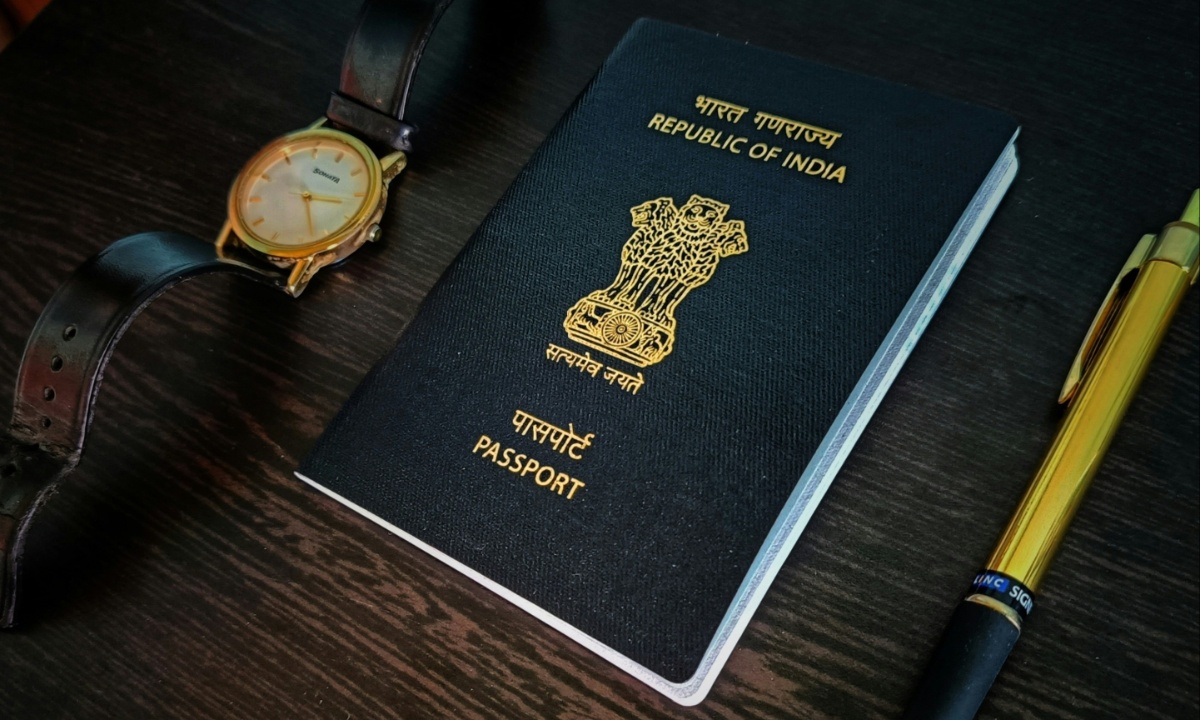In 2023, more than 2,16,000 Indians renounced their citizenship, as reported by the government to the Rajya Sabha. This information was provided by Kirti Vardhan Singh, the Minister of State for External Affairs, in a written response. Singh’s statement included data on citizenship renunciations from the last five years and from 2011 to 2018. The exact number of renunciations in 2023 was 2,16,219.
For comparison, the numbers in previous years were: 2,25,620 in 2022, 1,63,370 in 2021, 85,256 in 2020, and 1,44,017 in 2019. This trend highlights a significant increase in the number of Indians renouncing their citizenship over recent years.
AAP member Raghav Chadha questioned whether the government had investigated the reasons behind this “high number of renunciations” and the “low acceptance of Indian citizenship,” also asking about any assessment of the “financial and intellectual drainage” caused by this trend.

Over 2,16,000 Indians Renounced Citizenship in 2023 According to Government Report
In response, Singh stated that the motivations for renouncing or acquiring citizenship are personal. He acknowledged the potential of the global workplace in today’s knowledge economy and the significant changes in the government’s engagement with the Indian diaspora.
He underscored the government’s view of the Indian diaspora as a valuable asset, emphasizing the benefits of leveraging diaspora networks and the soft power associated with a prosperous expatriate community.
Singh highlighted the government’s initiatives to harness this potential, focusing on the sharing of knowledge and expertise.
The government aims to utilize the strengths of the Indian diaspora to contribute positively to India’s growth and influence globally. By fostering a successful and influential diaspora, India seeks to enhance its position and influence in the global arena through strategic engagement and support of its overseas citizens.
